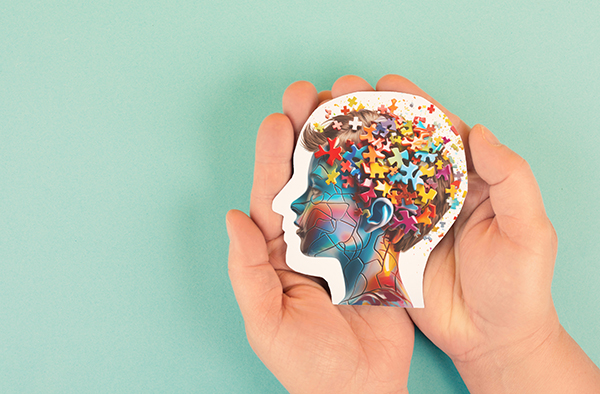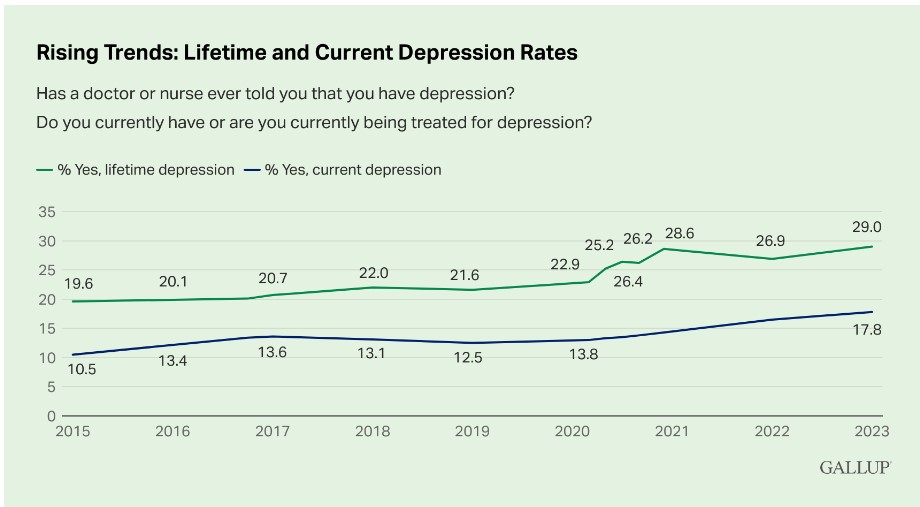Created May 17, 2024
Welcome to this week’s Bill Harvey Blog.

With metacognition a child can become a mensch at an early age… And it’s never too late to begin practicing metacognition.
The norm today is Emergency Oversimplification Procedure (EOP: the condition that sets in when there is too much information resulting in desperate shortcutting such as rationalized guesswork), a way of using the mind that as little children we fall into as a result of being surrounded by people in that state.
It never occurs to us to question it because it’s totally automatic from the first moment of awareness.
A new paper reports that children who are taught to watch their minds starting at age 2.5 years, show advantages in memory over the control group by the time they are 4.5 years old.
There shall be many other such experiments; and I will be doing some of them with Dr. Jerry Zaltman, in our work of teaching metacognition (also known as self-awareness, mindfulness, Observer state, etc.) to students from Kindergarten through college.
Eventually this will lead to children’s books, animated content, and games (physical, mental, emotional; interactive video, Artificial Reality, etc.) which teach the youngest children to pay attention to their minds as well as everything else. Jerry and I are also planning to insert courseware for public schools and colleges, and, with Chaim Oren, workshops for C suites.
Metacognition does not just improve memory, it improves quality of life. As Aristotle said, “An unexamined life is not worth living.”
The more adept the individual is at metacognition, and the more constant is his or her use of metacognition, the more situational awareness they will have, the more they will comprehend the causes and effects they experience, the more they will be able to discriminate quickly between healthy and unhealthy impulses they have. The more rapidly they can understand the principles of ethical behavior. The more easily they can avoid ego-driven behavior.
With metacognition, a child can become a mensch at an early age.
A child can learn to pay attention to hunches and see if they come true. And can realize when they are having inspired thoughts. And can even precociously discover their purpose in life. But they can only do this if they are watching their own minds as much as they watch the events being reported by their senses.
The same applies to us at all ages.
And it’s never too late to begin practicing metacognition.
The norm is by definition =100 IQ. Today’s amazing AIs are crowdsourcing and parroting everyone, hence their advice is also coming from a 100 IQ. Aspire to something higher and better. Aim for supernormal.
It is said that Buddha taught his son metacognition using a mirror.
“There are actions which bring good to the people and actions which bring harm,” Buddha said, holding up a mirror so Rahula could look at himself. “Before you say anything or do anything, reflect on what good it can do and what harm it can do. If there is any harm, do not say it, do not do it. Do this reflecting continuously. Only take actions that are purely for the good.”
—The First Son, Episode Two of Agents of Cosmic Intelligence, by Bill Harvey
My Best to All,
![]()




